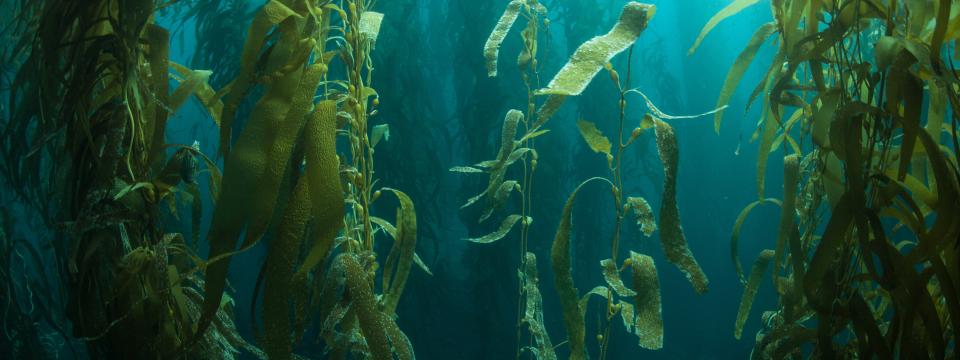Part of the development of this consortium involves defining concepts used in members’ research. This is to provide researchers a map of the range of meanings used throughout interdisciplinary teams often working on similar topics with different methods.
This catalog, or Conceptual Inventory, is a work-in-progress and we encourage multiple definitions of the same term, as well as additions. CASP members can submit a concept or a term that you would like the project leadership to consider defining and adding to the inventory. If there is a definition that you disagree with, please submit an alternative using either of the forms above.
An example of a concept entry in the inventory:
Function (Biological Role)
The manner in which an item or activity contributes to a complex activity or capacity of a biological system. (Note: a “complex activity” is the result of the way the parts and activities of a system are organized.) Compare to “Function (Activity).”
References:
Wouters, A.G. (2003). “Four notions of biological function.” Studies in History and Philosophy of Biological and Biomedical Sciences 34:633–668.
Allied Concepts:
Function (Activity), Function (Biological Advantage), Function (Evolutionary), Teleology,
Topical Filter:
Function and Teleology
Active Matter
Material systems composed of energy-consuming and force-generating parts whose collective activities can generate complex behaviors. Examples include cellular cytoskeletons and schools of fish.
Needleman, D. and Z. Dogic (2017). “Active matter at the interface between materials science and cell biology.” Nature Reviews Materials 2:1–14.
Agency and Autonomy
Adaptation
The quality or state of being well-suited to a set of conditions; or, a phenotypic character that contributes to fitting an organism to a set of conditions; or, the process that results in organism
Amundson, R. (1996). “Historical development of the concept of adaptation.” In M.R. Rose & G.V. Lauder (Eds.), Adaptation (pp. 11–54). New York: Academic Press.
Adaptation and Adaptationism
Agency (Collective)
The capacity of two or more individuals to act together in pursuit of a shared aim, in particular, when achieving this aim requires coordinated action.
Roth, A.S. (2017). "Shared agency.” In E.N. Zalta (Ed.), The Stanford Encyclopedia of Philosophy (Summer 2017 Edition).
Agency (Intentional), Agency (General, or Minimal), Agential Explanation, Intentionality, Niche construction
Agency and Autonomy
Agency (General, or Minimal)
The capacity of a system to act on its own behalf: to initiate, sustain and terminate activities within an environment.
Kauffman, S.A. (2000). Investigations. Oxford: Oxford University Press.
Agency and Autonomy
Agency (Intentional)
The capacity of a system to perform activities guided by intentional states (states that represent, or are directed upon, things and states of affairs beyond the system).
O’Brien, L. (2022). “Intentional agency.” In L. Ferrero (Ed.), The Routledge Handbook of Philosophy of Agency (pp. 109–117). London: Routledge.
Agency and Autonomy
Agential Explanation
A form of explanation that involves reference to the goals (real or apparent) of agents. Here “agents” should be understood as entities exhibiting at least minimal agency.
Okasha, S. (2018). Agents and goals in evolution. Oxford: Oxford University Press.
Agency (Collective), Agency (General, or Minimal), Agency (Intentional), Niche construction, Teleology
Autonomy
The relative independence of a system from environmental determination, usually involving an enhanced capacity for self-determination (producing its own parts, responding actively to perturbations,
Moreno A, and M. Mossio (2015). Biological Autonomy: A Philosophical and Theoretical Inquiry. Dordrecht: Springer.
Agency (General, or Minimal), Constraint, Organizational Closure, Robustness, Work-Constraint Cycle
Agency and Autonomy
Complexity
A system exhibiting some or all of the following properties: heterogeneity of parts, non-aggregativity or non-linear behavior, hierarchical organization, robustness, modularity, and adaptive or age
Ladyman, J., Lambert, J. and K. Wiesner (2013). “What is a complex system?” European Journal for Philosophy of Science 3:33–67.
Agency (Collective), Agency (General, or Minimal), Agency (Intentional), Modularity, Robustness

